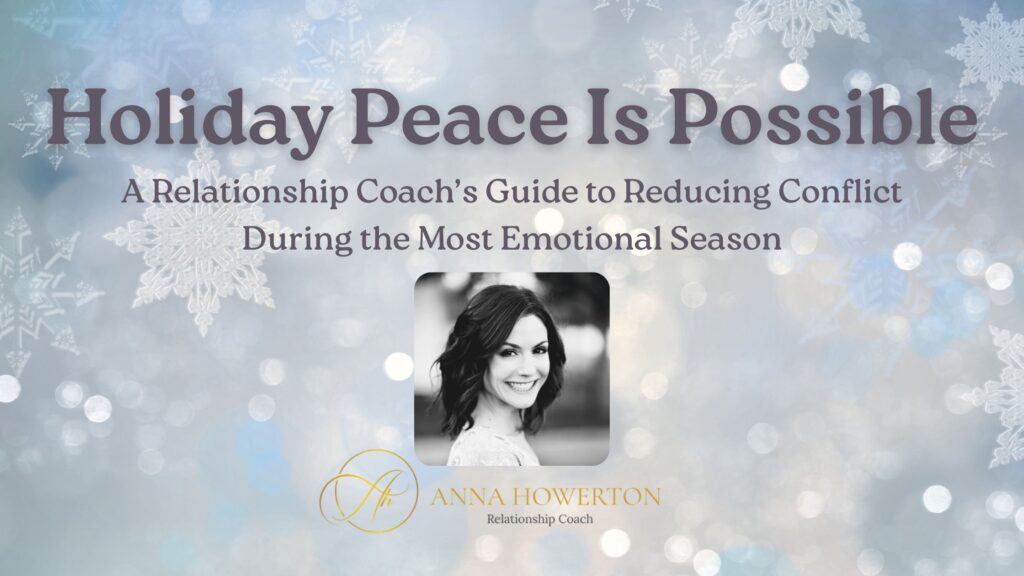Divorce is rarely easy. It’s a significant life event that brings about a whirlwind of emotions, from grief and anger to relief and hope for the future. As divorce attorneys, we understand that the legal process is just one aspect of divorce; the emotional journey is equally important. In this blog post, we’ll explore some of the emotional aspects of divorce and offer insights and guidance on how to navigate them.
Acknowledging Grief and Loss:
One of the first emotions many people experience when facing divorce is grief. The end of a marriage represents the loss of a relationship, shared dreams, and perhaps even a sense of identity. It’s essential to acknowledge these feelings of loss and allow yourself to grieve. Permit yourself to feel sad, angry, or confused. Seeking support from friends, family, or a therapist can be incredibly beneficial during this time.
Managing Anger and Resentment:
Divorce can often be accompanied by feelings of anger and resentment, whether directed towards your ex-partner, yourself, or even the circumstances that led to the end of the marriage. While it’s natural to experience these emotions, it’s essential to find healthy ways to manage them. Engaging in regular exercise, journaling, or practicing mindfulness can help you process your feelings of anger and resentment constructively.
Coping with Fear and Uncertainty:
Divorce can bring about significant changes and uncertainties about the future. It’s common to feel afraid of what lies ahead, whether it’s financial insecurity, parenthood, or starting over in the dating world. Remember that it’s okay to feel scared but try not to let fear paralyze you. Focus on taking small steps towards creating a new life for yourself and seek professional guidance when needed.
Finding Closure and Moving Forward:
Closure is an essential part of the divorce process, but it looks different for everyone. For some, closure may come from reaching a settlement agreement. For others, closure may involve letting go of resentments and forgiving your ex-partner or yourself. Whatever closure means to you, know that it’s a personal journey that takes time. Be patient with yourself and focus on healing and moving forward at your own pace.
Seeking Support:
Perhaps the most crucial piece of advice we can offer is to seek support during this challenging time. Whether it’s from friends, family, support groups, or a therapist, having a strong support system can make all the difference in navigating the emotional aspects of divorce. Surround yourself with people who uplift and empower you, and don’t hesitate to lean on them for support when needed.
Here are a few resources to help you find a therapist who specializes in divorce counseling:
- Psychology Today: Psychology Today’s therapist directory allows you to search for therapists in your area and filter by specialties, including divorce counseling.
- The American Association for Marriage and Family Therapy (AAMFT): AAMFT offers a therapist locator tool on their website, where you can search for marriage and family therapists who specialize in divorce counseling.
Referrals from Your Divorce Attorney: Your divorce attorney may also be able to provide recommendations for therapists who have experience working with clients going through divorce. At Triangle Divorce Lawyers, we have a list of trusted referral partners that offer a wide array of specialties. Please email hannah@triangledivorcelawyers.com if you would like to be connected to one of our trusted partners.





